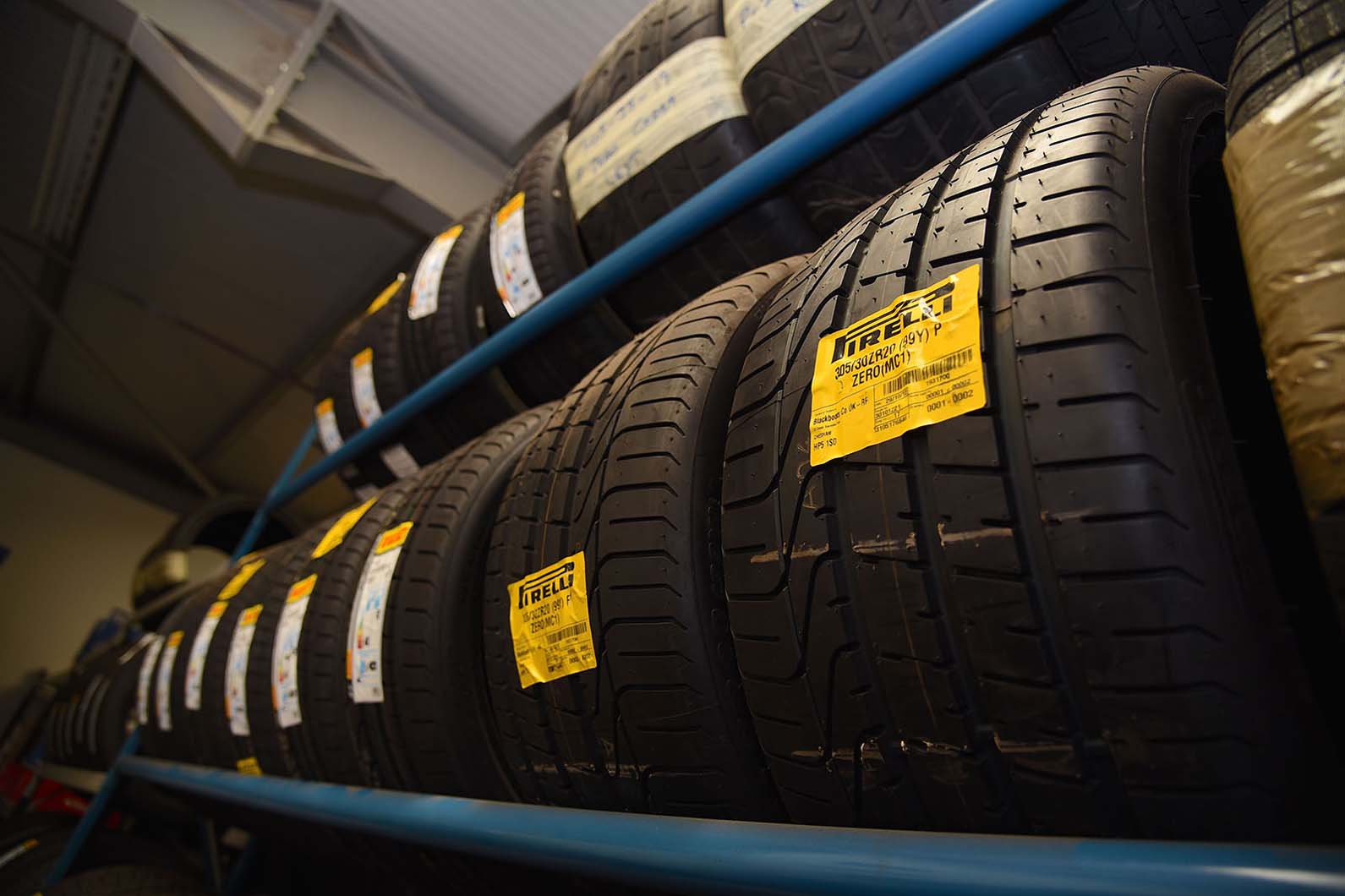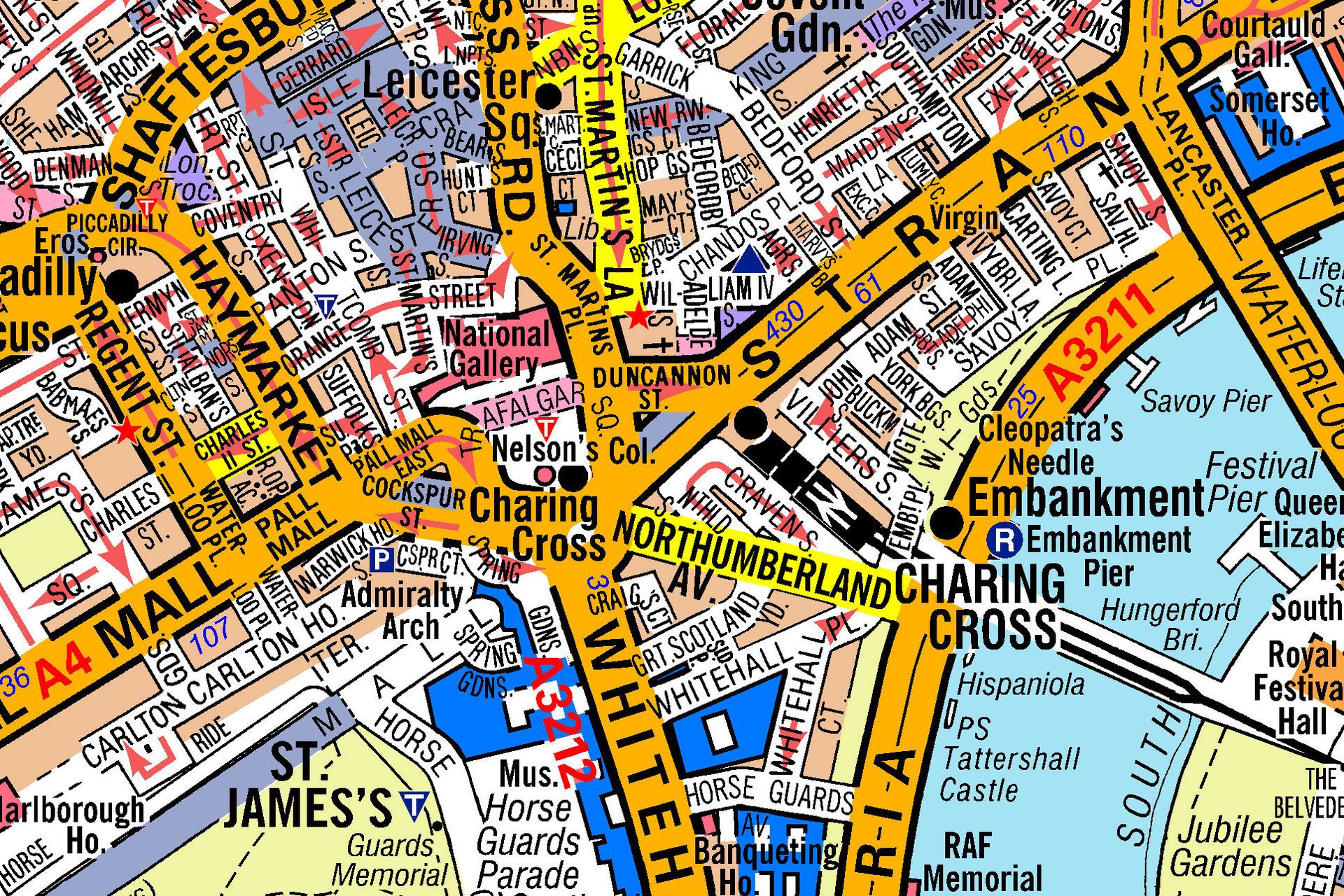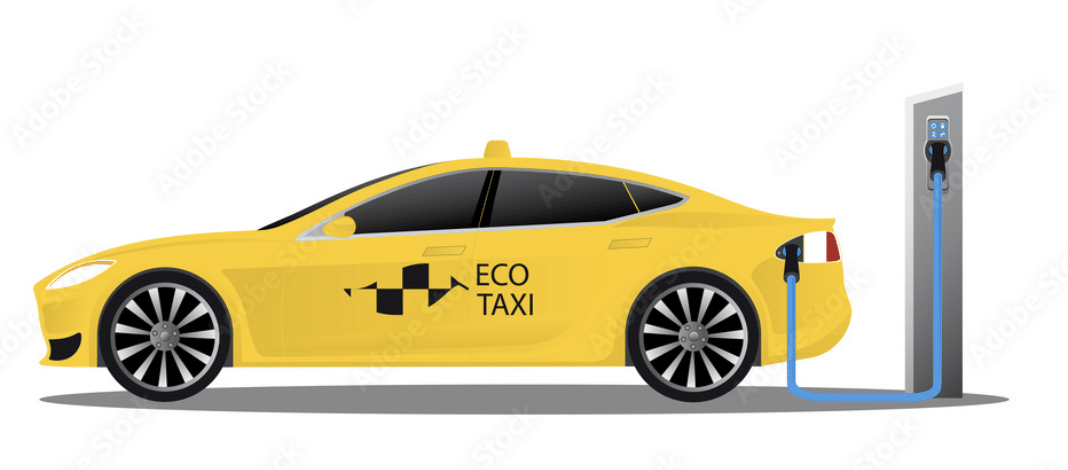Car tyres are an essential part of a vehicle, and it is important to choose the right ones.
There are many different types of tyres available, and each type has its own benefits and drawbacks.
In this article, we will look at the different car tyre types in the UK, as well as the legal requirements and maintenance tips.
However, not every motorist will appreciate just how important their car tyres are, but they help with fuel economy and keeping the car’s occupants safe.
Your car tyres should be inflated to the right pressure to help keep your journey smooth and protect the vehicle’s suspension system.
Your maintenance regime should include a regular visual check to having a tyre specialist check them for repairs or replacement.
And while most of us will not deviate from the tyre type that came with our vehicle – it might be worth considering other types and brands to meet a specific need.
What type of car tyres are there?
Car tyres come in many different types: there are summer tyres, winter tyres, all-season tyres and performance tyres.
Summer or standard tyres
Summer tyres are designed to provide good grip and handling in warm weather and dry conditions. They are a standard fit in the UK and have shallower tread depths than winter tyres, which helps to improve fuel economy.
These are the most popular types of tyres used in the UK – you will get the best of both worlds. Though you will need to drive carefully in snow and very wet weather conditions. It’s also worth noting that they offer better braking performance than winter and all-season tyres. They work best at temperatures above 7 degrees Celsius.
Winter tyres
Winter tyres are designed to provide good grip and handling in cold weather and on snow-covered roads. They have deeper tread depths than summer tyres, which helps to improve traction. However, winter tyres are not suitable for use in warm weather or on dry roads – where they can be noisy.
All-season tyres
A relatively new feature for UK drivers, all-season tyres are designed to provide good grip and handling in both warm weather and cold weather. They have deeper tread depths than summer tyres, which helps to improve traction in winter conditions – especially in rain. All-season tyres are not as fuel-efficient as summer tyres.
Performance tyres
Performance and low-profile tyres are designed to provide good grip and handling in both warm weather and cold weather. They have shallower tread depths than all-season tyres, which helps to improve fuel economy. Performance tyres are not as good in winter conditions as all-season tyres or winter tyres.
Energy-saving tyres
These tend to be added by car makers to electric and hybrid cars to help meet their efficiency targets. While they will boost fuel economy, drivers will notice that grip when cornering and braking distances are affected.
All-Terrain tyres and Mud tyres
For off-road vehicles, there are two types of tyre available – All-Terrain and Mud tyres. All-terrain tyres are designed for use on roads but with grip on muddy tracks and loose surfaces.
Mud tyres have an aggressive tread pattern for grip on deep mud, gravel and rock – but they aren’t so good on roads. If your SUV spends most of its time on roads, then all-terrain tyres are best. Be aware too that the trend for SUV-style cars means they don’t usually come with all-terrain tyres, they will come with standard tyres, so you won’t get very far when taking your vehicle off-road.
Run-flat tyres
It’s also worth mentioning run-flat tyres that will support your car’s weight when punctured. That’s down to the side wall structure being reinforced and it can be used when punctured at speed of up to 50mph. Some manufacturers fit run-flats as standard – BMW among them.
The right size and type of tyre for your car
There’s a lot to consider when buying car tyres.
You need to think about the right size, the right type and the right brand. With so many different options on the market, it can be difficult to know where to start.
The first step is to make sure you buy the correct size of tyres for your car.
This information can be found in your car’s manual or on a plate inside the door frame. Once you know the right size, you can start to narrow down your options.
Once you’ve decided on the right size and type of tyre – see above – you can start to think about brands. There are many different tyre manufacturers on the market, each with their own strengths and weaknesses. Some brands specialise in summer tyres, while others focus on winter tyres.
Some of the most popular tyre brands include Michelin, Pirelli, Continental and Goodyear. These brands offer a wide range of tyres to suit all budgets and driving needs.
If you’re looking for the best performance, Michelin and Pirelli are often considered the top choice. For the best value, Goodyear and Continental are worth considering.
While budget tyres may be tempting, it’s important to remember that they may not offer the same level of performance and safety as more expensive tyres.
If you’re looking for the best possible tyre for your car, it’s worth investing in a higher-quality option.
However, if you’re on a tight budget, there are some decent budget tyres available. Just make sure you do your research before making a purchase.
What are illegal tyres in the UK?
Car tyres in the UK must meet certain legal requirements and they must have a tread depth of at least 1.6mm across the central three-quarters of the tyre.
You can use a tyre gauge for this purpose – or a 20p coin.
The edging around the coin is 1.6mm deep so will give you an easy and quick way of finding out whether your tyres are legal for driving on in the UK.
Why tyre labelling is important
As of May 1st, 2021, a new system of tyre labelling came into effect in the UK which saw the A-G grading system being replaced with grades of A-E.
This updated system was designed to help drivers better understand a tyre’s performance for fuel efficiency and grip in wet conditions.
The old system was criticised for not making it clear enough how big the difference can be in performance between the best and cheaper tyres.
This new labelling system should increase awareness and lead to more of the highest-performing tyres being sold.
According to a survey conducted by the European Tyre and Rubber Manufacturers’ Association, less than 1% of all tyres on the market are rated ‘A’ for both grip and efficiency.
Now when you buy a new tyre, the retailer has an obligation to tell you what the rating is – ‘A’ is the best for economy and performance, while ‘E’ is the worst.
As old tyre stocks are used up, tyre buyers will see the new tyre labels either when buying from the retailer or online to help improve customer understanding and awareness of car tyres in the UK.
Stuart Jackson, the chairman of TyreSafe, said the change was to boost ‘making an informed decision’ and that tyre buyers should not only consider cost but better tyres at a higher price for meeting their needs.
How often should I check my car tyres?
You should check your car tyres at least once a month. This can be done by visually inspecting the tyres for any signs of damage, such as cracks or bulges.
You should also use a tread depth gauge to measure the tread depth of the tyres – or a 20p coin – and if the tread depth is less than 3mm, then you need to start considering the replacement of your tyres.
It is also important to have your car tyres regularly checked by a tyre specialist as they will identify any problems and advise you on whether they need to be repaired or replaced.
Keeping your tyres in good condition will not only help to improve fuel economy, grip and handling but also help to reduce wear and tear on other parts of your car, such as the suspension.
Car tyres in the UK
To summarise, there are a few things you need to keep in mind when shopping for car tyres. This includes:
- Make sure to pick the right size and type of tyre for your car
- Choose a brand that suits your budget and driving needs
- Remember to check the tread depth of your tyres regularly
- Replace your tyres when they reach 3mm for the best braking and grip performance
- Have your car tyres checked by a tyre specialist regularly to ensure they are in good condition.
By following these tips from Carvine, you can help to keep your car safe and running smoothly which is why the tyres are one of the most important items to be checked regularly.





